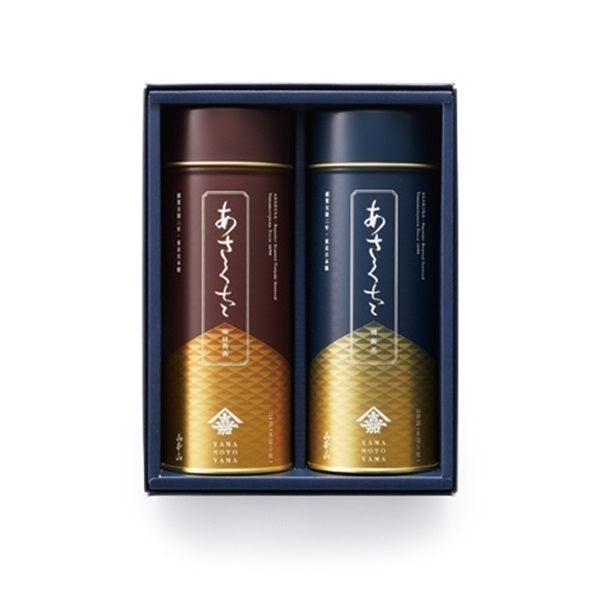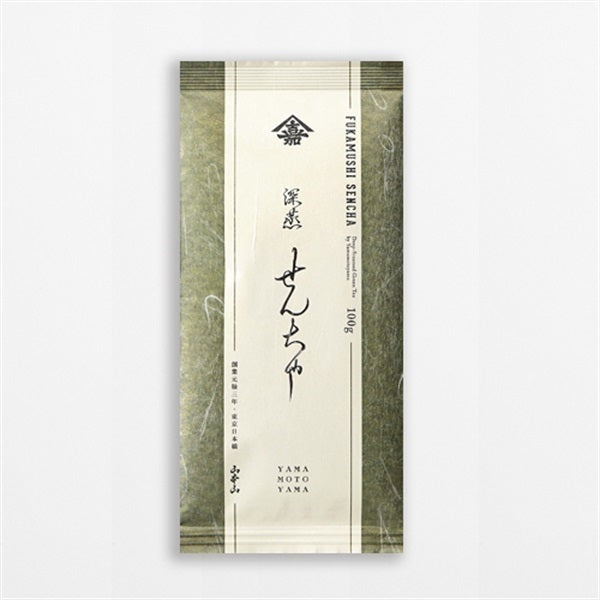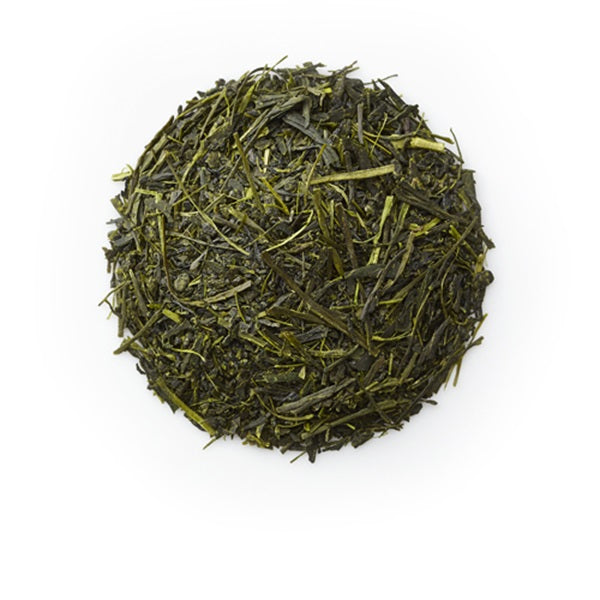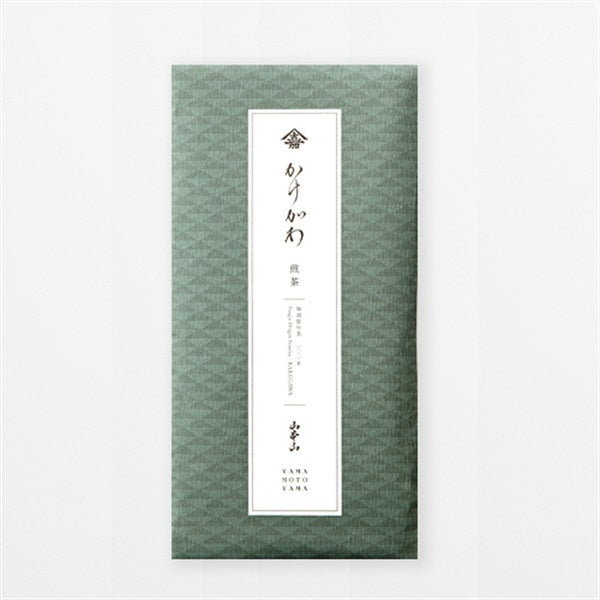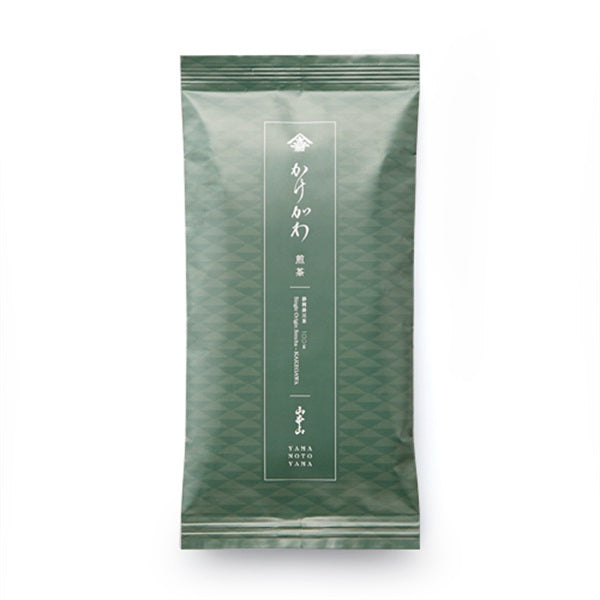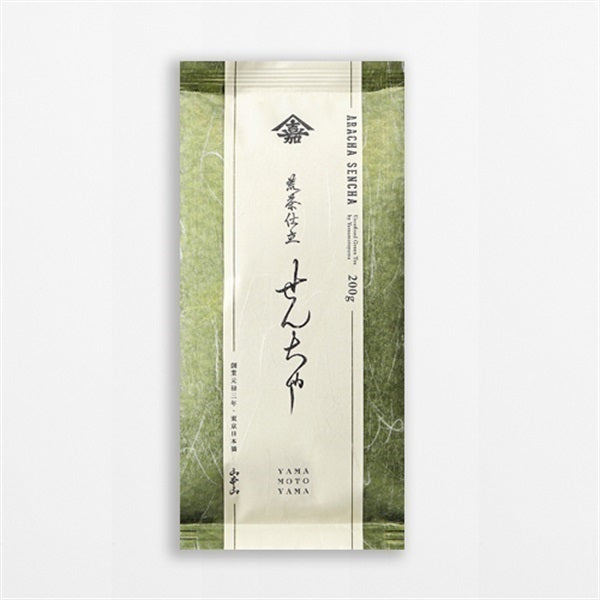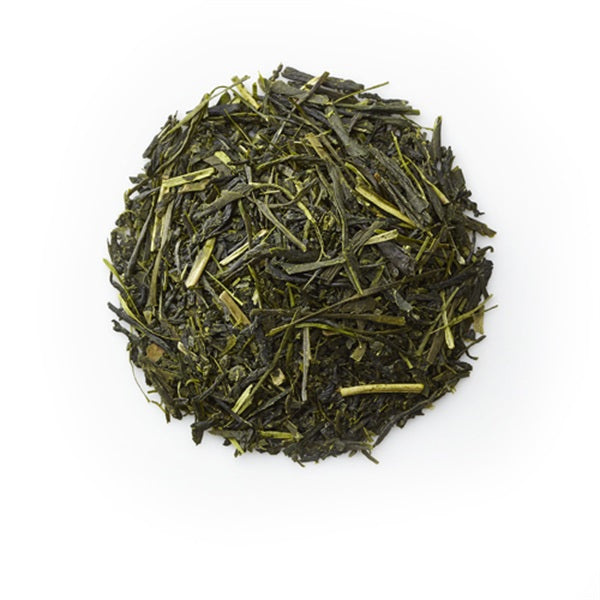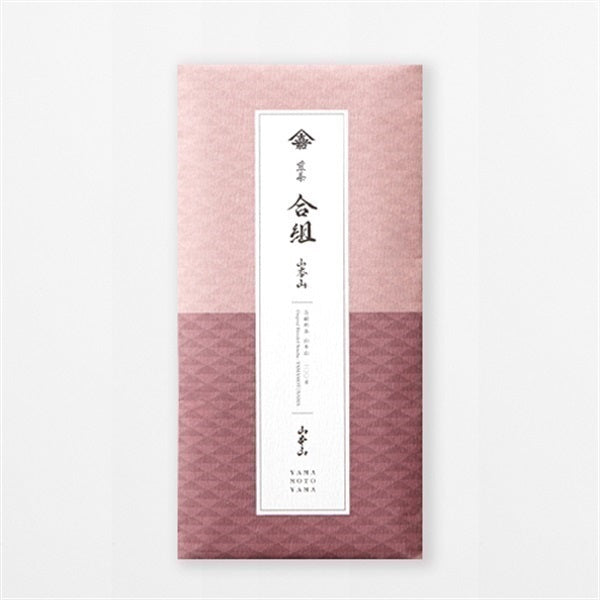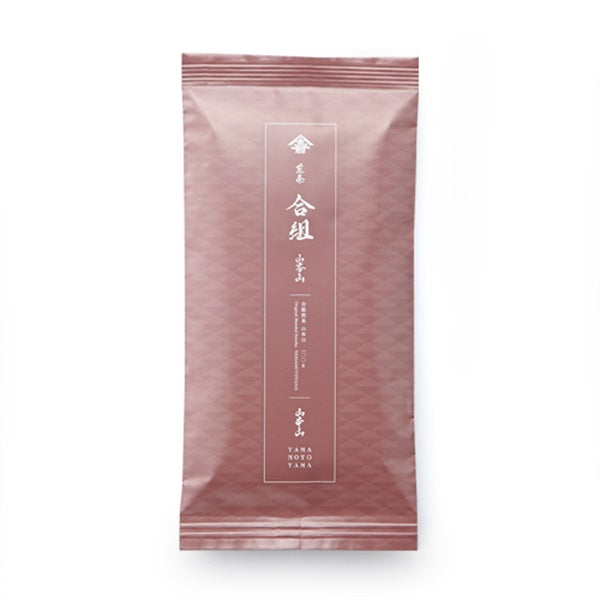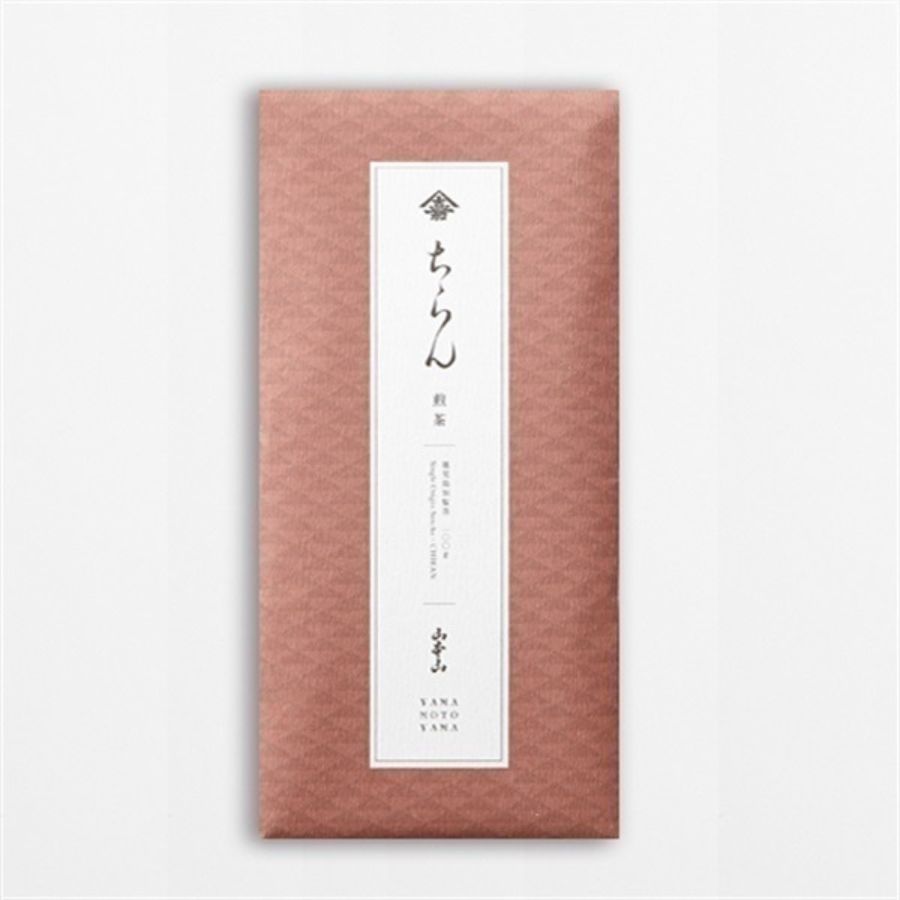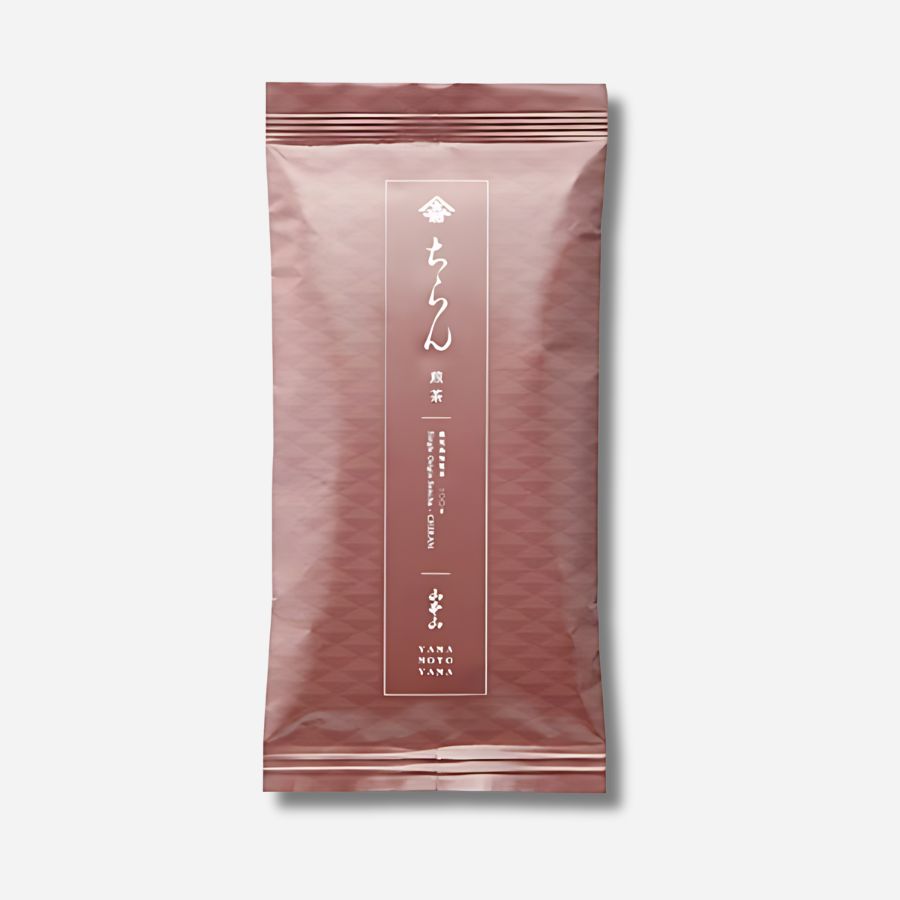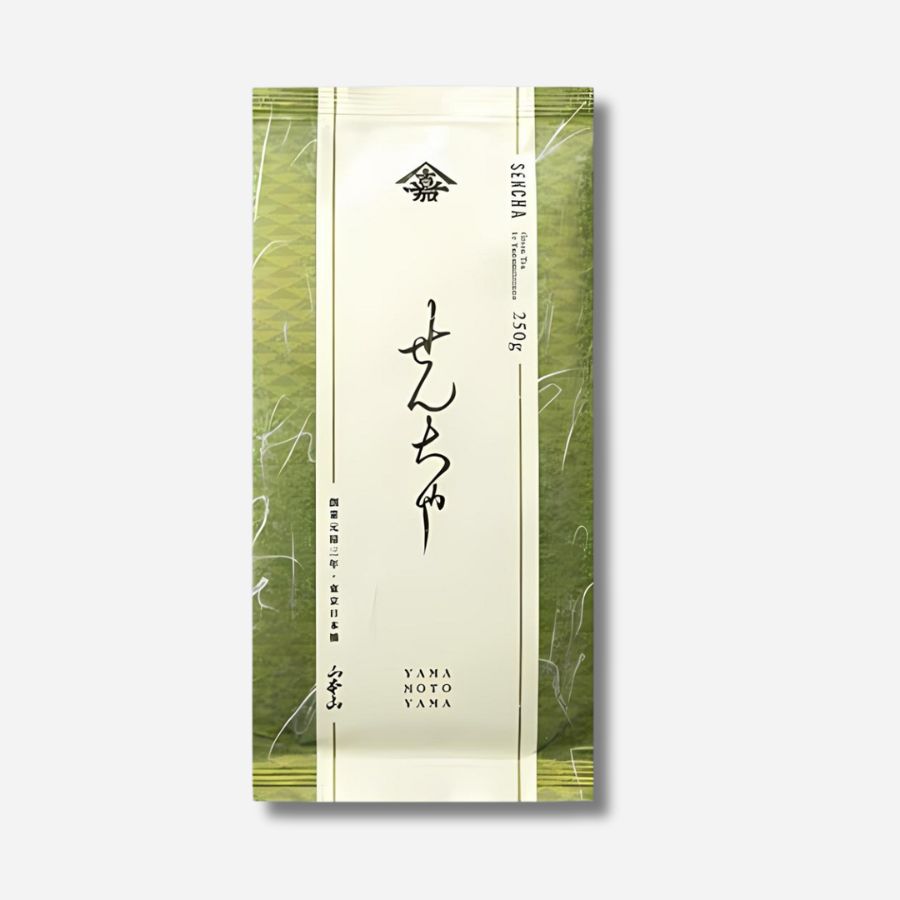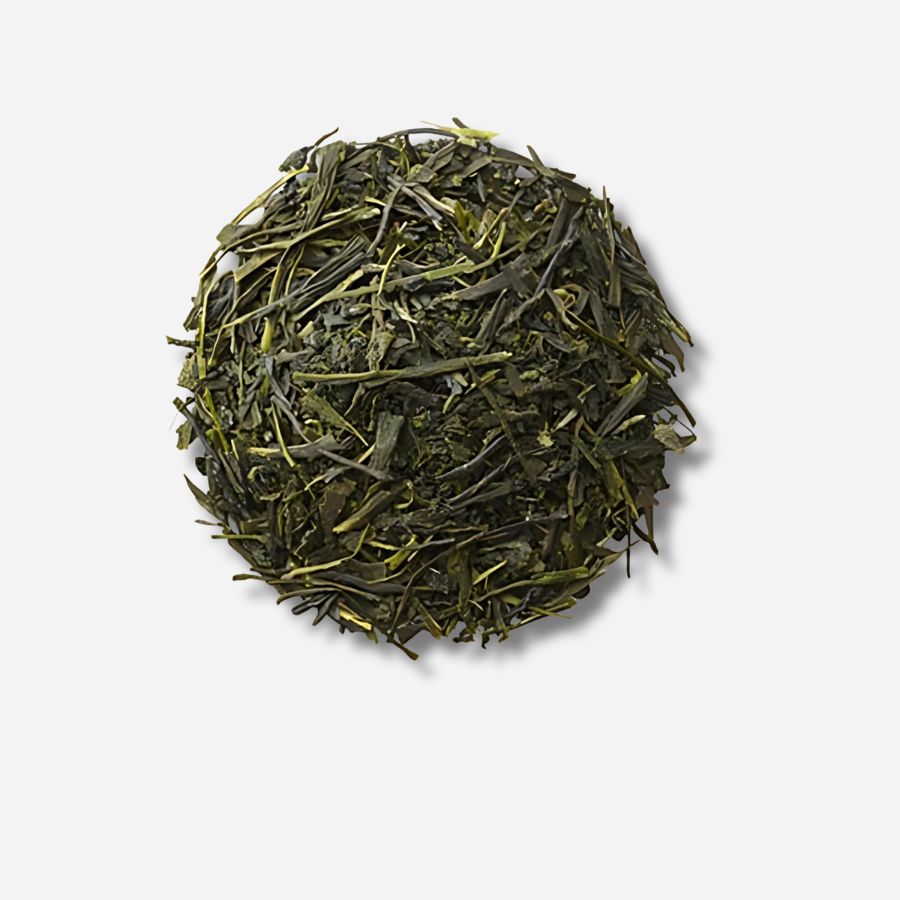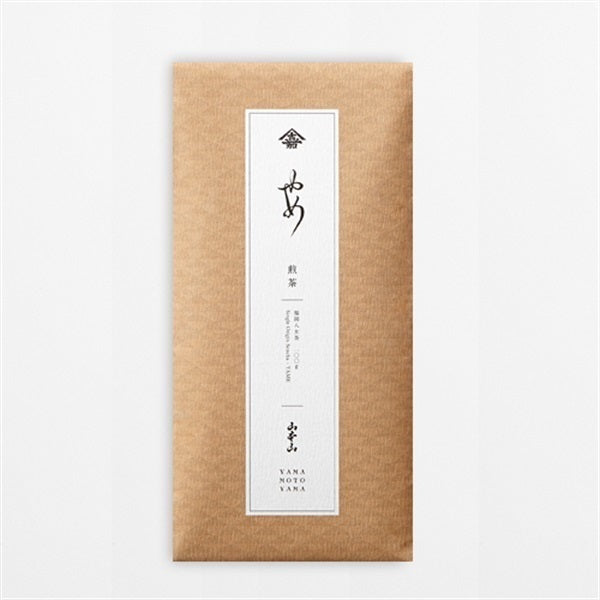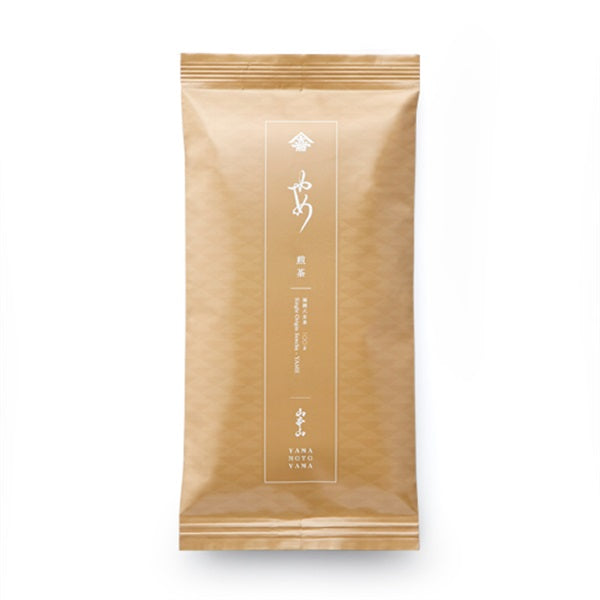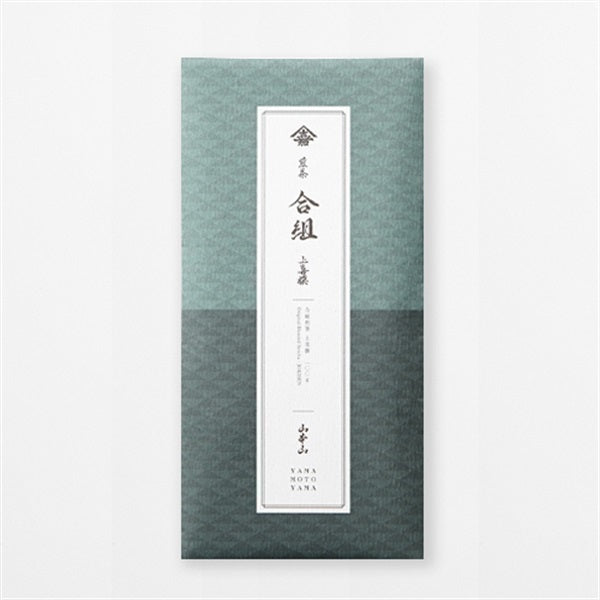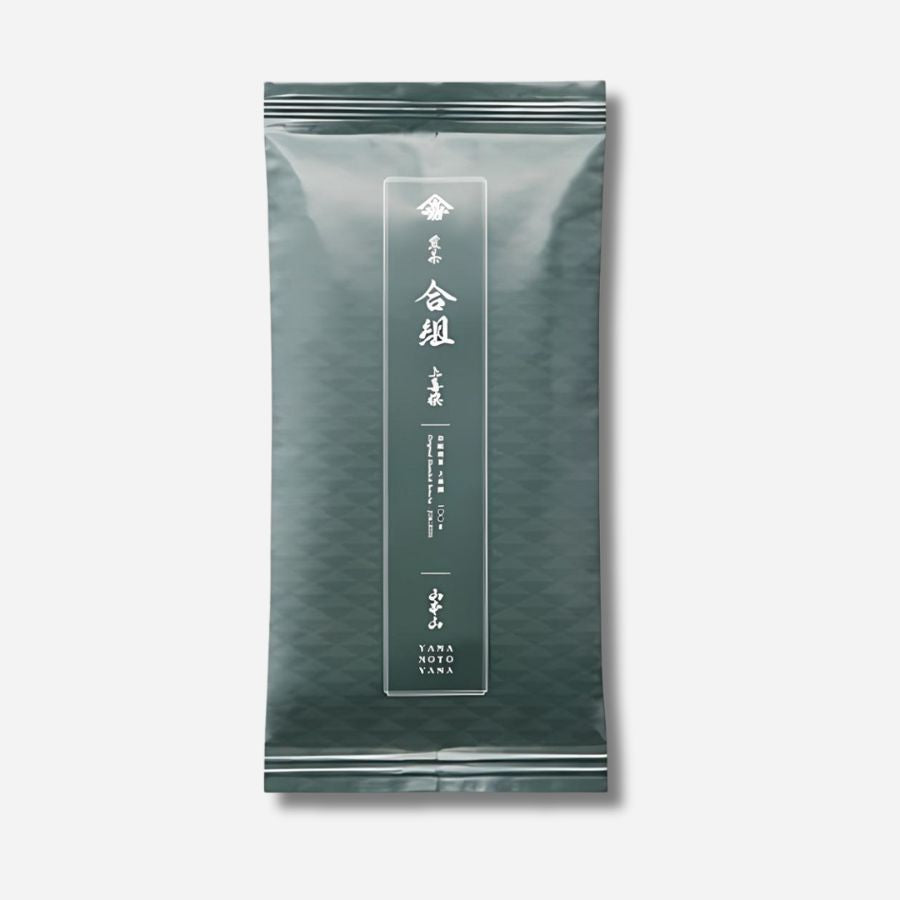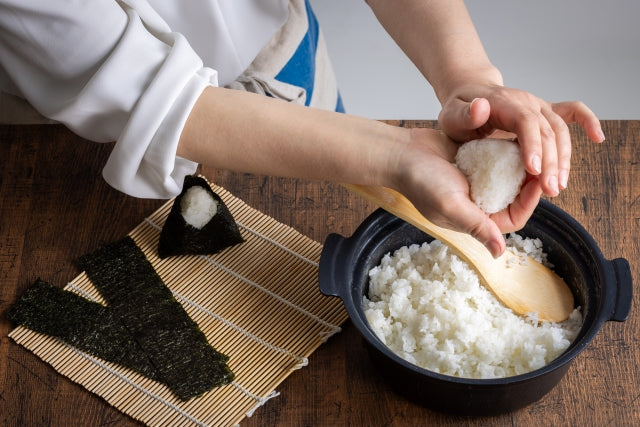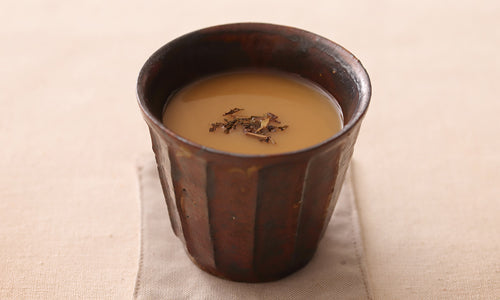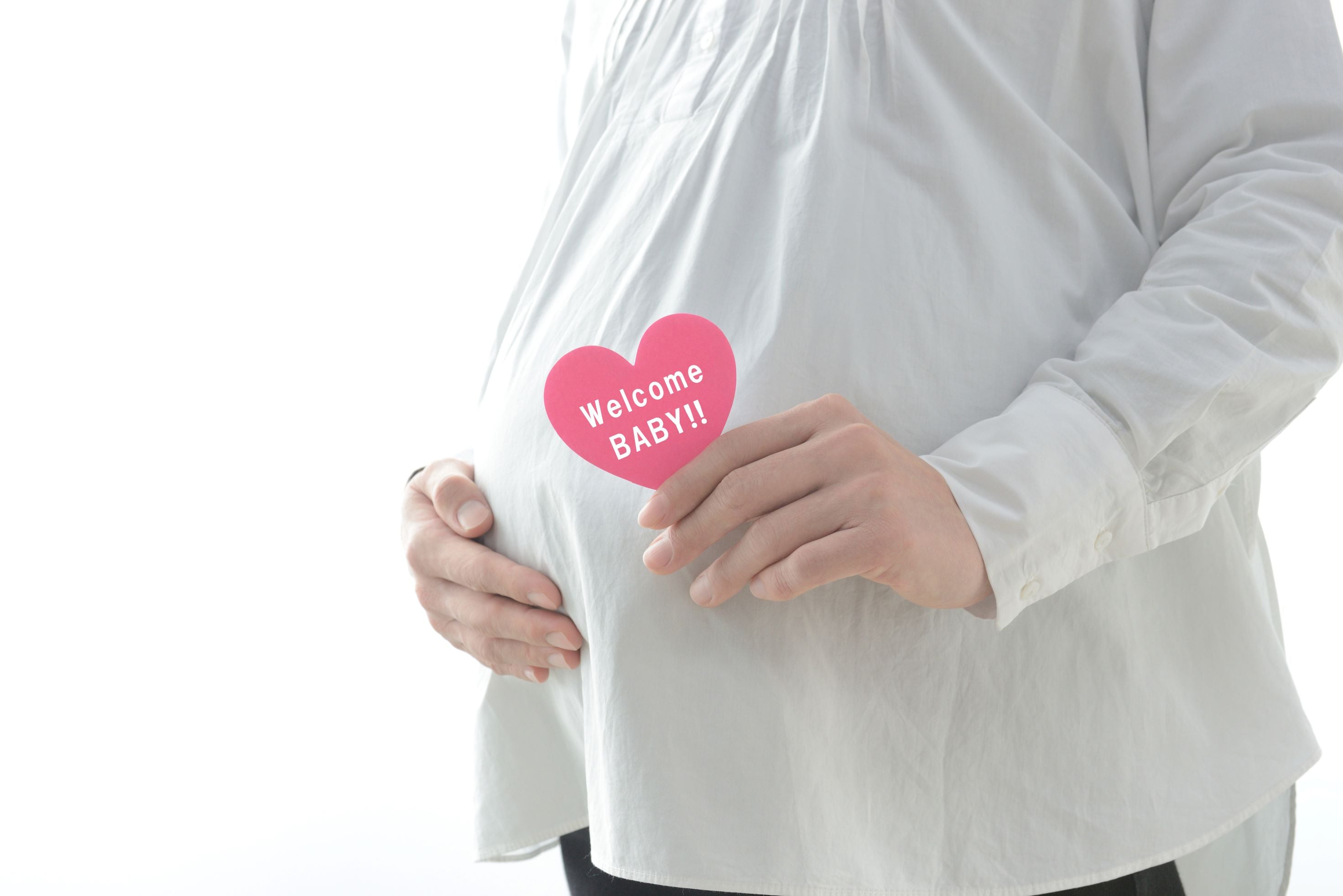
[Must-see for pregnant women] Is it okay to drink green tea? Explaining the caffeine content and precautions during pregnancy!
- Introduction
- How many cups of green tea a day during pregnancy? Guidelines for safe caffeine intake
- The caffeine content of green tea varies greatly depending on the type!
- Ingredients contained in green tea and their effects on the fetus
- Recommended teas for pregnant women
- Teas that require caution
- 3 ways to safely enjoy green tea during pregnancy
- summary
Introduction
Ten months is a long but short pregnancy period. Inside the mother's body, the baby continues to grow day by day.
However, along with the joy, you may also be confused by the various changes and restrictions, including those related to your diet.
In particular, tea is essential for daily hydration.
"I've heard that you should avoid caffeine during pregnancy, but is that true?"
What kind of tea is safe to drink?
Some pregnant women may have similar questions and concerns.
"Tea cools the body"
Caffeine is not good for the fetus
There is a wealth of information available about tea during pregnancy.

With so much information out there, it can be hard to know what is correct and what to believe.
In this age of information overload, it is important to acquire correct knowledge.
Therefore, in this article, we have compiled information you may be interested in, such as the effects of caffeine and tannins contained in green tea, recommended types of tea, how to drink it safely, and how to choose tea that suits your physical condition during pregnancy.
We will support pregnant women in answering their questions and concerns, and provide information to enable everyone to enjoy delicious tea with peace of mind.

How many cups of green tea a day during pregnancy? Guidelines for safe caffeine intake
During pregnancy, many women may become anxious about whether it is safe to drink green tea, even though they have been drinking it casually up until now.
In conclusion, it is okay to drink green tea even during pregnancy . However, if you drink green tea (regular sencha) during pregnancy, remember that you should limit yourself to five mugs a day (the maximum amount is one liter) .
Based on reports from the World Health Organization (WHO) and the European Food Safety Authority (EFSA), as well as the opinion of the Ministry of Health, Labor and Welfare, the recommended amount of caffeine that pregnant women can safely consume is up to 200 mg per day .
Consumption above 300 mg may increase the risk of miscarriage and low birth weight.

The caffeine content of green tea varies greatly depending on the type!
How much caffeine is in green tea anyway?
In fact, the amount of caffeine in different types of green tea varies greatly.
For example, gyokuro has a high content of 160 mg per 100 ml, while hojicha has a low content of 20 mg and genmaicha has a low content of 10 mg.
For regular sencha, there is about 20mg per 100ml, so one 200ml cup is about 40mg. By simple calculation, about five cups a day is the guideline to reach the upper limit set by the Ministry of Health, Labor and Welfare .

However, this is only a guideline.
It goes without saying that the size of the teacup is important, but the appropriate amount also varies depending on an individual's constitution and the progress of their pregnancy. If you are unsure, we recommend consulting your doctor.
If you want to enjoy green tea without worrying about caffeine, you may want to choose a variety with a low caffeine content or choose cold-brewed sencha.
During pregnancy, even small things can make you anxious, so be sure to acquire the correct information and enjoy green tea without worry.

Amount of caffeine in drinks (per 100ml)
Gyokuro: 160mg
Matcha: 60mg
Coffee: 60mg
Hot cocoa: 35mg
Black tea: 30 mg
Oolong tea: 20mg
Regular Sencha: 20mg
Hojicha: 20mg
Bancha tea: 10mg
Genmaicha: 10mg
Kamairi tea: 10mg
Barley tea: 0mg

Ingredients contained in green tea and their effects on the fetus
The caffeine contained in green tea stimulates the central nervous system, causing wakefulness, a diuretic effect, and an increased heart rate.
Moderate amounts can help reduce fatigue and improve concentration, but excessive intake can cross the placenta and is feared to increase the fetal heart rate, affect development, and even increase the risk of miscarriage or premature birth.
In addition, the catechins contained in green tea are a type of polyphenol that have strong antioxidant properties, but they also easily bind to iron and may inhibit its absorption.
The risk of anemia increases during pregnancy, so iron intake is important.

However, green tea is also rich in compounds that have beneficial effects on health.
In addition to its antioxidant properties, catechin is expected to have various effects, such as antibacterial and antiviral properties, lowering cholesterol levels and blood pressure, and preventing tooth decay.
In addition, theanine has the effect of generating alpha waves in the brain, which has been reported to have a relaxing effect, improve sleep quality, and increase concentration.
During pregnancy, it is important not to completely avoid green tea, but to understand its ingredients and their effects and adjust the amount and way you drink it.

Recommended teas for pregnant women
- Regular Sencha
- Cold Brewed Green Tea
- Hojicha
- Brown rice tea
- barley tea
Regular sencha or roasted green tea contains about 20 mg of caffeine per 100 ml, which is about one-third the amount found in coffee, so there is no problem as long as you drink it in moderation.
Hojicha in particular has the same amount of caffeine as regular sencha, but the process of heating the tea leaves changes the properties of the catechins, making them less soluble in water.
Therefore, it is also recommended for pregnant women who are concerned about catechin levels due to iron deficiency.

Genmaicha is also highly recommended for those who are concerned about caffeine.
Because it is blended with brown rice (roasted rice), the amount of tea leaves is small, and as a result, the caffeine content is also low.
It contains about 10 mg per 100 ml, which is less than other Japanese teas, so you can drink it with peace of mind.
However, you need to be a little careful when choosing brown rice tea.
Depending on the tea leaves used in the blend, such as "Genmaicha with Matcha" or "Genmaicha with Gyokuro," they may contain a lot of caffeine and catechins.
Look closely at the packaging to see what type of tea leaves are available before purchasing.

Teas that require caution
- Gyokuro
- Matcha
- Covered tea
- Deep-steamed Sencha
However, these teas contain a lot of caffeine, so you need to be careful. Gyokuro in particular contains 160mg of caffeine per 100ml, which is eight times that of regular sencha.
With matcha and deep-steamed sencha, the components in the tea leaves dissolve easily in hot water, so there is a risk of consuming too much caffeine and catechins.
When drinking these types of tea, be sure to keep the caffeine content in mind and adjust your dosage accordingly.

3 ways to safely enjoy green tea during pregnancy
Pregnancy can be a difficult time with all the restrictions you have to follow, but with a few simple ingenuity, you can safely enjoy green tea.
First, control your caffeine intake. As mentioned earlier, it is best to limit your caffeine intake to 200mg or less per day during pregnancy.
As mentioned above, the amount of caffeine in green tea varies greatly depending on the type of tea leaves, as well as the temperature of the water and the extraction time.

Caffeine has the property that it is extracted in greater amounts when brewed in hot water of 85°C or higher.
Therefore, make sure to brew it with water that is slightly lower than 70°C. If you make cold-brewed green tea by steeping it in cold water or ice, you can further reduce the caffeine content.

Another important point is not to add too much.
Strong green tea is high in caffeine as well as tannins, which can inhibit iron absorption.
A steeping time of about 40 seconds is sufficient . Adjust the strength by brewing it weaker or diluting it with cooled water.
And the timing of drinking is also important.
To reduce the effects of tannins, avoid drinking green tea during or immediately after a meal . It is recommended to drink it at some time later, such as between meals or in the afternoon.

summary
We have provided you with a variety of information about green tea during pregnancy. What do you think?
Green tea is a traditional Japanese drink and is familiar to us Japanese people. However, during pregnancy, you need to be careful about ingredients such as caffeine and tannins.
During pregnancy, while your baby comes first, it's also important that you maintain your own mental and physical health. To avoid becoming overly nervous and accumulating stress, try incorporating green tea into your daily life and enjoy a peaceful pregnancy.

